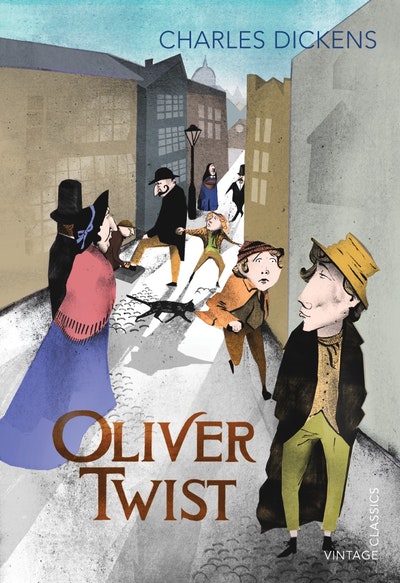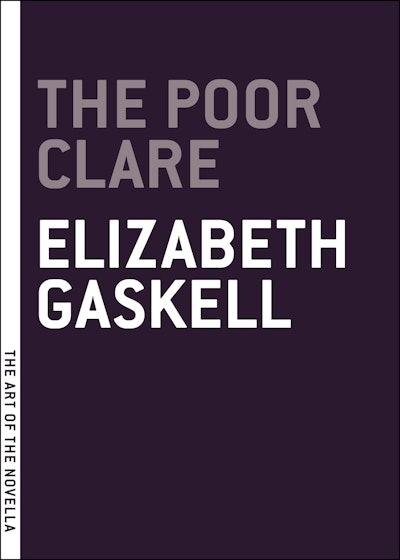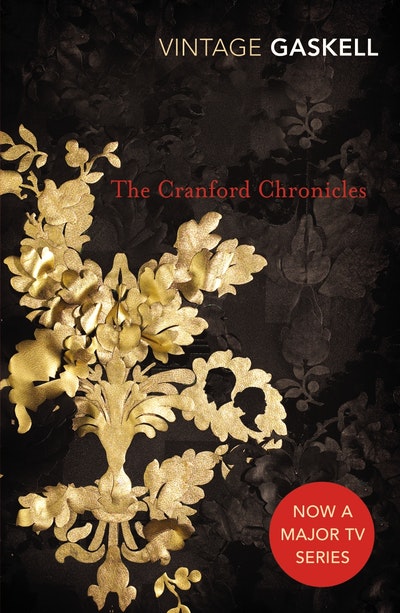[]
- Published: 30 April 2009
- ISBN: 9780141920207
- Imprint: Penguin eBooks
- Format: EBook
- Pages: 576
Categories:
Mary Barton
A Tale of Manchester Life
Formats & editions
Buy from…
Caught between two men in the battle of rich and poor
Mary Barton is beautiful but has been born poor. Her father fights for the rights of his fellow workers, but Mary wants to make a better life for them both. She rashly decides to reject her lover Jem, a struggling engineer, in the hope of marrying the rich mill-owner's son Henry Carson and securing a safe future. But when Henry is shot down in the street and Jem becomes the main suspect, Mary finds herself hopelessly torn between them. She also discovers an unpleasant truth - one that could bring tragedy upon everyone, and threatens to destroy her.
- Published: 30 April 2009
- ISBN: 9780141920207
- Imprint: Penguin eBooks
- Format: EBook
- Pages: 576
Categories:
Other books in the series
The Complete Fables
Aesop
Emma
Jane Austen
Pride and Prejudice
Jane Austen
Mansfield Park
Jane Austen
Northanger Abbey
Jane Austen
Persuasion
Jane Austen
Sense and Sensibility
Jane Austen
A Dead Man's Memoir (A Theatrical Novel)
Mikhail Bulgakov
A Dog's Heart
Mikhail Bulgakov
The Man Who Was Thursday
G. K. Chesterton
The Black Tulip
Alexandre Dumas
The Lady of the Camellias
Alexandre Dumas fils
The Man in the Iron Mask
Alexandre Dumas
The Three Musketeers
Alexandre Dumas
Faust, Part I
Goethe
Faust, Part II
Goethe
Selected Poetry
Goethe Johann Wolfgang Von
The Nibelungenlied
Hatto A T
The Complete Odes and Epodes
Horace
The Garden Party and Other Stories
Katherine Mansfield
The Aeneid
Virgil
Species of Spaces and Other Pieces
Georges Perec
The Age of Alexander
Plutarch
Fall Of The Roman Republic
Plutarch
The Makers of Rome
Plutarch
On Sparta
Plutarch
The Rise And Fall of Athens
Plutarch
The Rise of Rome
Plutarch
Rome in Crisis
Plutarch
Man and Superman
George Bernard Shaw
Saint Joan
George Bernard Shaw
Botchan
Natsume Soseki
Kusamakura
Natsume Soseki
The Charterhouse of Parma
Stendhal
Love
Stendhal
The Red and the Black
Stendhal
Agricola and Germania
Tacitus
Annals
Tacitus
The Annals of Imperial Rome
Tacitus
Selected Poems
Rabindranath Tagore
Military Dispatches
The Duke Of Wellington
Around the World in Eighty Days
Jules Verne
Journey to the Centre of the Earth
Jules Verne
Twenty Thousand Leagues Under the Sea
Jules Verne
Treatise On Toleration
Voltaire


























































































































































































































































































































































































































































































































































































































































































































































































































